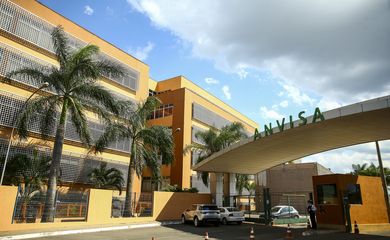Entities behind Sputnik V question Anvisa’s decision

Gamaleya Institute and the Russian Direct Investment Fund, responsible for the production of COVID-19 vaccine Sputnik V, released a note Tuesday (Apr. 27) questioning the decision of Brazil’s national drug regulator Anvisa to deny the import of doses of the inoculation.

Anvisa’s decision, the text reads, “has nothing to do with the regulator’s access to information or science.” In the note, the organizations rebut statements and criticism from Anvisa’s technical team and advisors.
According to the Russian entities, no adenoviruses capable of replication have been found—one of the issues listed by the Brazilian watchdog. Only adenovirus vectors E1 and E3 are used in the manufacture of the vaccine, both harmless to the human body.
Quality and security, the statement adds, would be guaranteed by a purification technology comprising four stages. On the lack of access to manufacture facilities, the entities argue that the team was given access “to all relevant documents, as well as to research and production sites.”
On doubts regarding sterilization processes, the note says that the inspected locations “provided risk assessment protocols and also the official commitment letter that clearly said that validation of sterilizing filtration will be
performed and results will be provided to Anvisa.”
The Fund and Gamaleya Institute claim that efficiency and safety have been confirmed by 61 national regulators in countries where the vaccine was approved. A study with 3.8 million people is said to have showed 97.6 percent efficiency.
The communication mentions studies with favorable results on the Russian inoculation, conducted in several countries, like the one carried out by the Hungarian government, another by the Mexican government, and yet another by Argentina’s Health Ministry.



